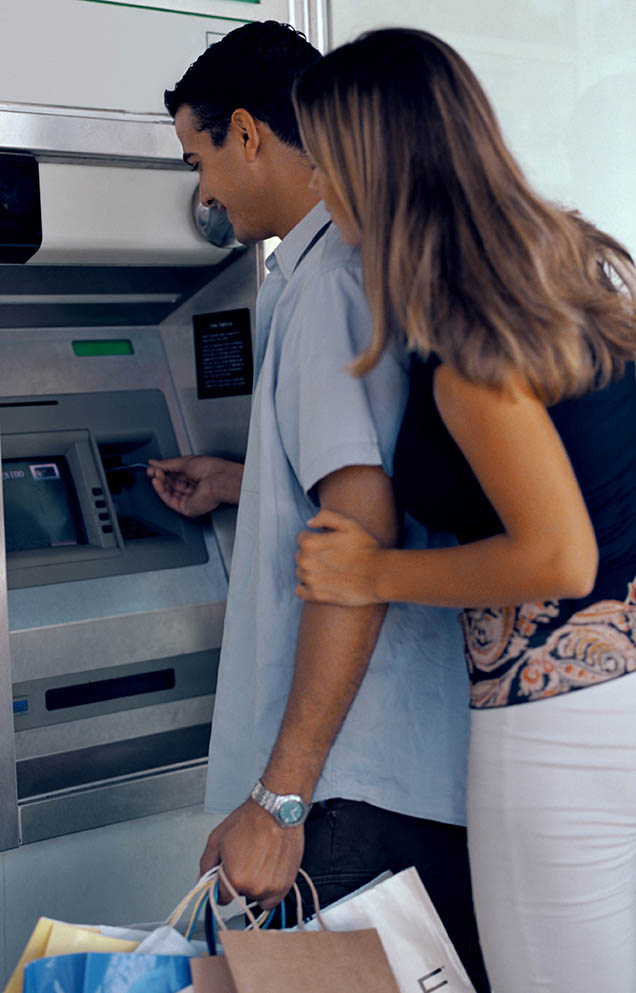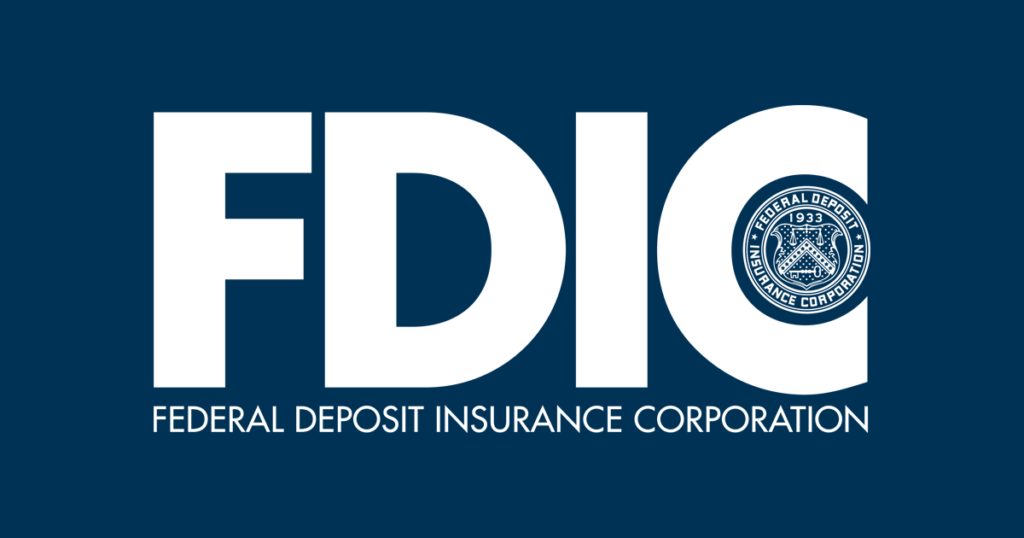[1995] Travel Tip: Don’t leave home without having money prepared
Excerpted and updated from the Spring 1995 books “Don’t Leave Home Without Being Financially Prepared,” “Traveling Troubles and How to Deal With Them,” and “Give Credit Before It’s Late.”

In the rush to get ready for a trip, it’s easy to forget about the financial details you really should take care of before you hit the road. Here’s how to avoid a lot of grief, save money, and significantly increase your chances of a pleasant trip.
Decide how much cash or credit card you will need during your trip. To be safe, it is not a good idea to carry large amounts of cash anywhere. If it is lost or stolen, it cannot be replaced. Carry only enough cash for taxi fares, tips, and other small expenses. Otherwise, use a credit card. Credit cards are easily accepted by merchants and can be easily replaced if lost or stolen. Also, if you ever need quick cash abroad, you can withdraw cash from an ATM (Automated Teller Machine) using the same card you use in your home country. Here are some other things to consider:
Using a credit card to withdraw cash at an ATM can incur hefty fees. Using a debit card to withdraw cash from an ATM can incur lower fees. When traveling abroad, you may get a better exchange rate (how much a U.S. dollar is worth abroad) if you use a credit card or swipe your debit card (select the “credit” option) to pay for your purchases than if you convert your cash into the local currency. When exchanging currency, the fee is usually the same whether you exchange $10 or $100, so exchange larger amounts instead of smaller amounts. Exchange your money in a safe place and immediately store it in your wallet or purse. Carry at least two major credit cards with you, in addition to your bank (debit/ATM) card. These should cover all your foreseeable needs. Leave any credit cards you don’t need at home.
If possible, pay your bills before you leave. You don’t want to be on an extended trip and have essential services cut off. Check all your bills (especially utilities and car insurance) to see if any will be due while you’re away. If so, pay them before you leave or pay online from anywhere.
Upcoming travel is also a good reason to consider signing up for direct deposit for your paycheck and government benefit checks, if you haven’t already. With direct deposit, you don’t have to worry about your check being stolen in the mail, and you know the funds will be deposited in your account on a specific date. This is a reassuring thought whether you’re on the road or at home.
Store your valuables. Consider storing jewelry and other valuables in a safe deposit box at a financial institution.
Make copies of important documents and a list of important phone numbers. Make duplicate copies of your passport identification page, driver’s license, car registration, airline tickets, and travel itinerary. Leave one copy with a relative or friend and carry the other separately from your belongings. Make a list of important phone numbers as well. You can include numbers for your credit card companies, banks, and insurance companies.
It’s probably not a good idea to include credit card numbers or social security numbers on this list, as the information could fall into the wrong hands. Carry the list with you, not in your luggage.
Understand what a credit card block means. A block most often occurs when you rent a car or check into a hotel and present your credit card. The attendant electronically asks the bank that issued your card to “block” (reserve) a portion of your credit line to cover anticipated expenses before you leave, and then uses that credit line for other vacation purchases. For a hotel, what is blocked upon arrival is usually the room rate for the duration of your stay and incidentals like meals and phone calls. For a car, it’s the rental fee and gas. There’s nothing sinister or illegal about a blocked amount, unless it’s disproportionate to what the customer might pay at their end of the transaction.
If you are going on vacation or on a long business trip and your credit card limit is close to being reached, you should be aware of blocking your credit card, as any additional transactions you make after reaching your credit card limit will be rejected. For more information on blocking credit cards, see the Federal Trade Commission’s webpage.
To protect yourself from thieves and scammers who target tourists, here are some tips to keep in mind:
Don’t flaunt cash, charge cards, flashy clothes, or expensive jewelry (or expensive-looking jewelry). Some of the people you’re trying to impress may be robbers. Avoid pickpockets by making sure your bag or purse is closed. Always carry receipts for your credit and debit cards/ATM cards, and don’t tell anyone your Personal Identification Number (PIN). These are all account information that a thief can use to withdraw cash or make purchases. If your card is lost or stolen in the U.S. or abroad, report it immediately to your bank or card issuer. Federal law generally limits liability for fraudulent charges for lost or stolen credit or debit cards, but you must notify your bank or card issuer within a certain period of time. For more information, see [2012] There are differences between debit, credit, and prepaid cards. Check with your card issuer as industry practices may further limit losses. In hotels, one of the best practices is to store excess cash, jewelry, passports, and other valuables in the hotel safe. Spending time at an airport may not be fun, but thieves do. We know that airports are full of tired, harried, and disoriented travelers carrying cash, credit cards, and other valuables. This type of theft usually occurs near ticket counters, x-ray machines, baggage screening and claim areas, restrooms, or sales areas. The basic advice is to stay vigilant.
Banks, card companies, express services, and other companies are here to help. If the unexpected happens, there are plenty of ways to get emergency cash or arrange for payments from virtually anywhere in the world. A nearby bank can arrange a cash advance using a major credit card. You can also ask your bank to transfer money electronically from a bank or brokerage account in your home country. Or see if they can safely deliver traveler’s checks or money orders or send them to your hotel or another location. If your problem involves a lost or stolen wallet, contact your bank or credit card issuer immediately.


